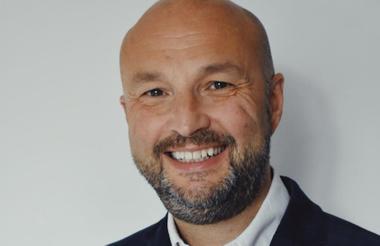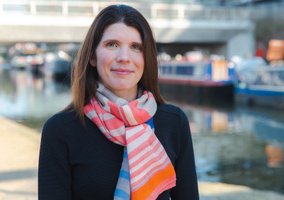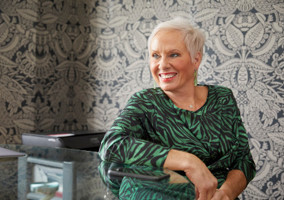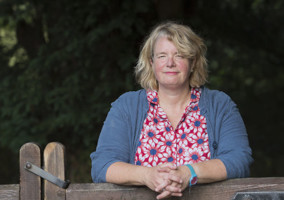“The eradication of suffering is one thing, but our vision – if it truly is to be a vision – has to be something much more positive for the 100 million working equids,” Brooke’s CEO says, demonstrating the scale of ambition in the charity’s new, three-year strategy.
When Chris Wainwright joined Brooke in November 2020 one of the first things he did was pause the launch of the new strategy, creating the space to challenge his new colleagues to be more aspirational.
“I wanted to ensure that what we were proposing was ambitious enough for the future and challenges and the issues that we were trying to address,” he says.
Brooke was formed in 1934 and today reaches over 1.6 million working horses, donkeys and mules in Africa, Asia, Latin America and the Middle East with veterinary care, advocacy and community support.
The new strategy, titled A Life Worth Living is based on a broader vision and includes targets to grow income and spend money in a smarter way.
There are three “change goals” to take the charity through to 2025:
- Transforming equine welfare in communities
- Increasing the visibility and inclusion of working equids
- Strengthening sustainable animal health systems
These are underpinned by an understanding that the charity itself will need to evolve and adapt.
“There's a real dynamism and its dynamism with a purpose,” Wainwright says, which runs right through the charity.
“It is that dynamism, and that desire, which is really going to allow us to achieve great things over the next three years.”
He credits the board, chaired by Kirsty Hayes, with being equally ambitious for the charity.
“The board has really got behind what we're trying to achieve and has provided investment where we've asked for it. They are very challenging but incredibly supportive.”
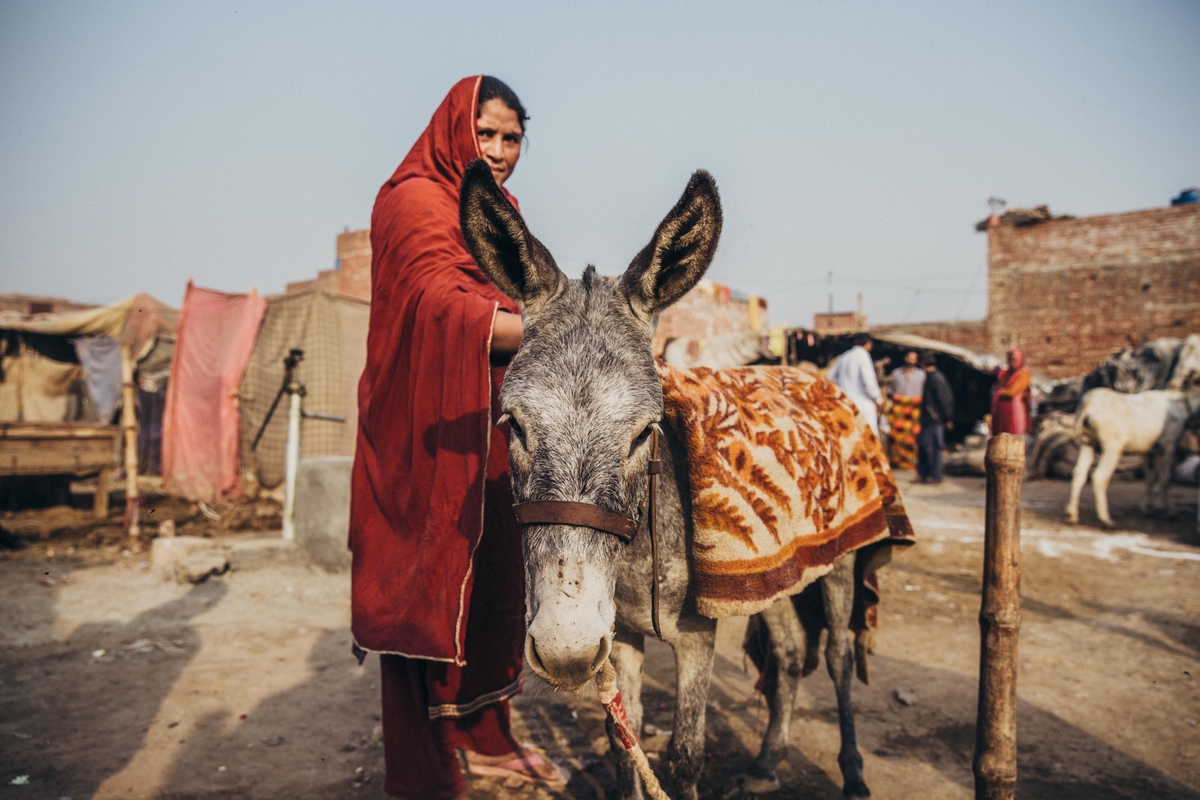
Having a positive vision
Wainwright says he was struck by the previous strategy’s lack of optimism, which “didn't really end on a positive vision of the future,” he explains.
“We just talked about eradicating suffering. And I said, ‘Well, surely we've got to want more than that?’”
As a newcomer he was nervous about the reaction from colleagues, but says they have embraced the challenge.
“Working with the board, we put a new clause in the vision, that talks about those animals having a life worth living,” he says.
A second change to charity’s mission was to explicitly “include the impact that we have on people”. This is because Brooke both needs the support of people to improve the lives of equids, but also because: “If we really achieve our goals, then we will have an enormous positive impact on the communities.”
Reaching more animals and people than ever before
“The target is to reach more animals and people than ever before. So that is the absolute success,” Wainwright says.
This will be achieved through raising more money, as well as making changes to how resources are allocated.
“As an organisation we will spend more of our income on what you might traditionally call frontline activity,” Wainwright says. “We're being really ambitious in doing that. And that means we're having to instigate an effectiveness and efficiency agenda, which, at first, can sound terrifying to people.”
This is not just about cutting costs, Wainwright emphasises. “It's about making better decisions.”
An example would be a recent decision to reduce the use of recruitment consultants, which is so far yielding positive results.
“We recently recruited some new trustees. We did it ourselves and we got fantastic quality candidates that didn't cost us a penny. We were delighted,” he says.
For Wainwright, this is “about changing some of those default behaviours”, which develop in all organisations over time, by getting people to really question why things are done in particular ways.
Fundraising team urged to ‘aim high’
By the end of the strategic period Wainwright hopes the charity will have grown, and to this the fundraising department is central to this.
“I challenged the fundraising team to come up with an ambitious strategy, and they've done that,” he says.
His message is that they should “aim high”, in the hope that “if you don't reach that [target] we will get some way towards it.”
“But let's not set our expectations too low.”
Like many animal welfare charities, Brooke has a good supporter base.
“We have a strong legacy portfolio. We also do really well with individual giving, and we hold our own on what you might call corporate partnerships, trusts and grants,” Wainwright explains.
Brooke’s income for the year to March 2021 was just under £20m, with the vast majority from voluntary sources. Legacies contributed £9.3m and other donations accounted for £8.8m.
“I think there's a real opportunity for us in the individual giving market,” Wainwright says.
It’s an area he feels that the charity has “under optimised”. Brooke has restructured the team, “to really take advantage of what we think is our unique proposition, which is that animal focus, but with enormous benefits for people in communities”.
This is something Wainwright hopes could be “quite contagious”.
“We think it's really inspiring, and we think we can inspire others to get behind our cause,” he adds.
‘A modern, thriving, dynamic organisation’
Culture is crucial to being able to deliver on ambitious objectives, and Wainwright describes his vision for Brooke as being “modern, dynamic, and inclusive”.
This means an organisation that is less siloed, and “really creating that fluid environment where people work across teams”.
Like many other organisations, Brooke has opted for a hybrid approach for UK-based staff.
“We've looked at the post pandemic working environment and I'm convinced it absolutely is going to be a hybrid one,” he says. “I don't buy into the theory that ‘you can't be productive’ [without coming to the office].”
Some face-to-face contact is naturally desirable, particularly for collaborative working, but Wainwright is trying to avoid a top-down approach and wants to enable teams to figure out what works for them.
His aim is to “create an environment of trust and opportunity, where we can also give employees the same agency and autonomy over their lives, which we want for people that we serve”.
‘Constantly being restless’
It would be nearly impossible to have missed the headlines about the cost-of-living crisis, and naturally Wainwright is mindful of the challenges that “pretty uncertain economic times” presents.
Deeper partnership and collaboration are part of his solution.
“It's about us proving what works so others can adopt some of our methodology,” he says. “I think there's a lot of human development organisations that we'd like to partner with because we think we can accelerate their goals through the work that we do.”
He adds that success can, also rely on “a little bit of luck” and being able to embrace the opportunity when the “political winds are blowing in your favour”.
And at the moment he feels there is a “really strong global narrative” around health and the environment which is “absolutely fertile territory for our cause”.
Finally, he says he wants to keep focused on the end goal.
“For me, it's about constantly being restless,” he says, and always pushing forward, “at a pace that an organisation can stand”.
He adds: “It is about really having an eye on what you want to achieve.”
Related articles



